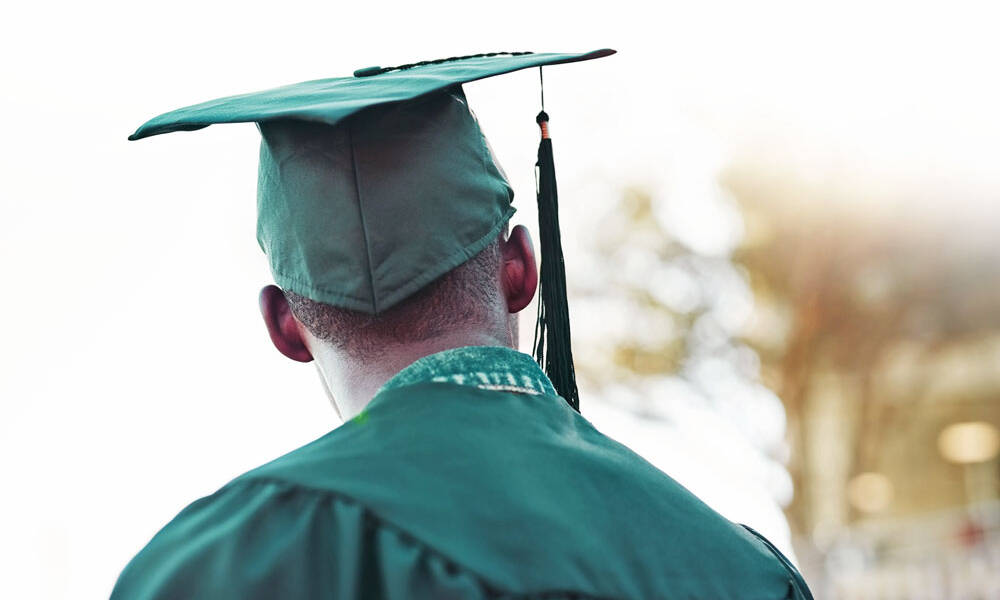
Education: Social Justice in Higher Ed
Viewing higher education through a social justice lens, ACPA is working toward a day when students of every background have the support they need to succeed in college.
Education • American College Personnel Association
The American College Personnel Association believes the legacy of colonial rule and institutionalized racism has a negative impact on all students—and wants that to end.
“We are challenging institutions and professionals to rethink who is served by a college education and how all students are prioritized in supporting their needs to be able to access and achieve a college degree,” says ACPA Executive Director Christopher Moody. The organization aims to “reconstruct a society where we don’t default to notions of ‘majority rules’ or create programs and services off of only what is needed [by] white and/or male students to be successful in college.”
In pursuing that vision, ACPA uses virtual and in-person events to acknowledge the original ownership of land by Indigenous peoples; offers caucusing opportunities for racial, ethnic, and tribal groups to explore how to create racially and socially just communities; and encourages members—who are college and graduate students in higher education administration, faculty, and student affairs educators—to take these practices back to their own campuses for implementation. ACPA also works on leading research in this field so others can use this work to reshape their own communities.
Moody says it’s hard to predict exactly what success looks like because so much of today’s world is filtered through a prism of colonial legacy. But he knows the outcome ACPA is working toward: “A higher education that embraces racial justice and decolonization might produce graduates of color or graduates who are Indigenous at the same or higher rates of white graduates [and] have greater diversity and representation across institutional leadership and faculty.”
(LumiNola/E+/Getty Images Plus)


Comments